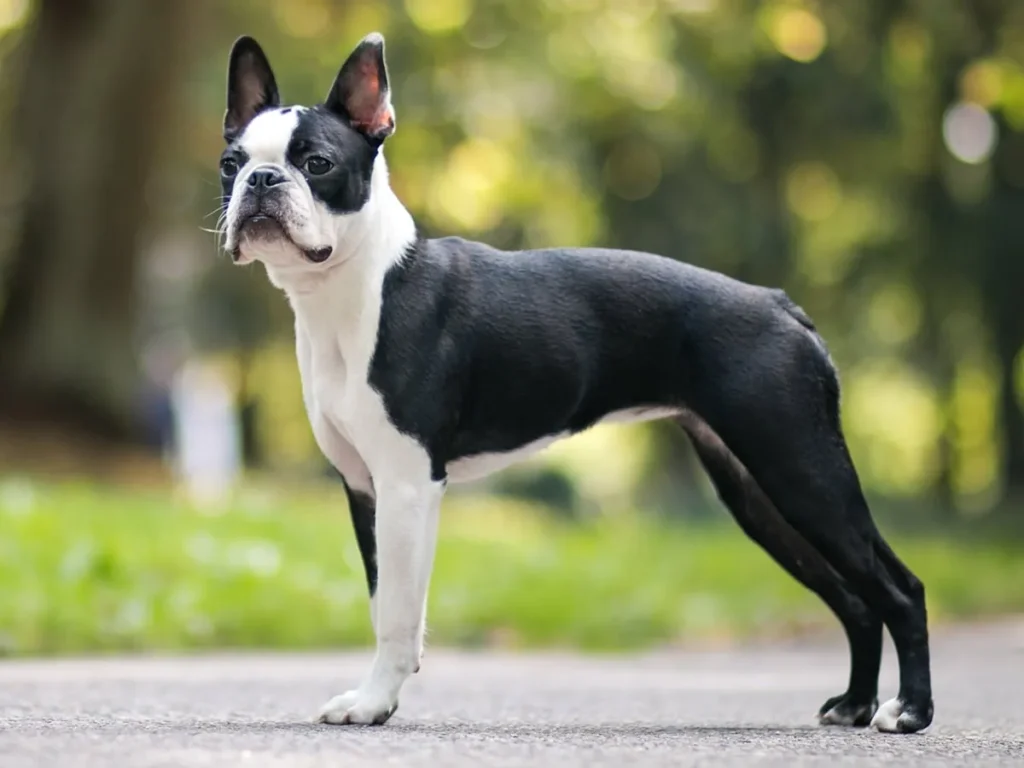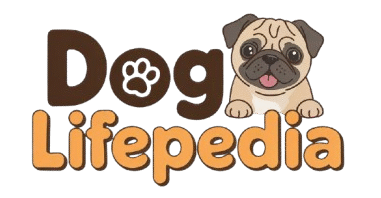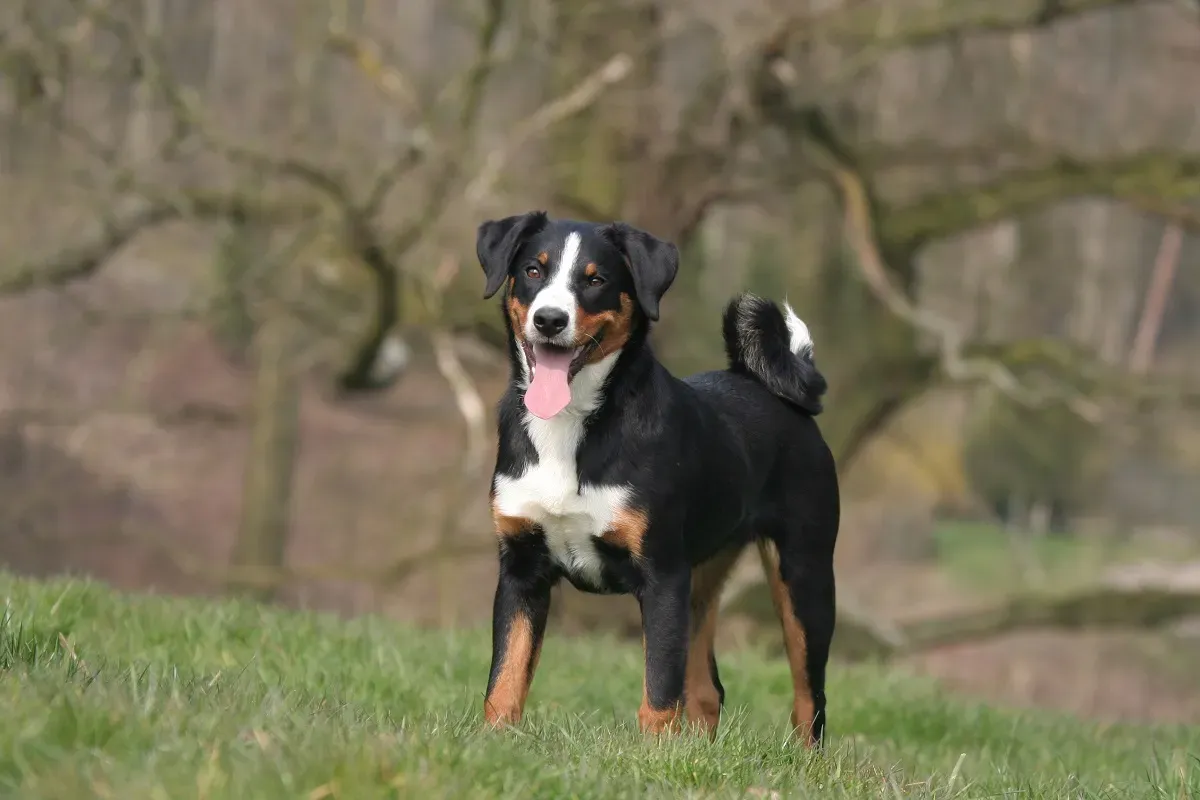
Boston Terrier
Heena
June 7, 2025

The Boston Terrier, affectionately known as the “American Gentleman” due to its tuxedo-like coat and friendly nature, is a small but sturdy breed with a big personality. Originating in the United States in the late 1800s, this breed is a cross between the English Bulldog and the now-extinct White English Terrier. Today, Boston Terriers are beloved family pets across the UK and USA, known for their loyalty, charm, and sociable nature.
Appearance: Breed Colors & Markings
Boston Terriers are compact, muscular dogs with a smooth coat, square head, short muzzle, and prominent eyes. Their signature tuxedo-like appearance makes them instantly recognizable.
Common Coat Colors:
- Black & White
- Brindle & White
- Seal & White (seal appears black but shows a red tint in sunlight)
According to breed standards, white markings should appear on the muzzle, chest, and between the eyes.
- Black & White
Age & Life Expectancy
Boston Terriers typically live between 11 to 15 years, depending on their health, care, and genetics. With proper attention, many can live healthy lives into their senior years.
Personality and Communication
Boston Terriers are lively, intelligent, and affectionate dogs. They are excellent companions, often forming deep bonds with their families. They’re known for their comedic behavior and expressive faces. Communication with Boston Terriers is easy—they thrive on human interaction and respond well to tone of voice, gestures, and training commands.
They may bark to alert you to something, but they’re not known for excessive barking. Social and well-trained Bostons are polite around strangers and other pets.
Diet: What Do Boston Terriers Eat?
Boston Terriers should eat a balanced diet of high-quality commercial or vet-recommended homemade dog food. Their diet should include:
- Protein: Chicken, turkey, lamb, or fish
- Carbohydrates: Brown rice, sweet potatoes
- Vegetables: Carrots, peas, spinach
- Fats: From fish oil or flaxseed for skin and coat health
Avoid overfeeding—Bostons can become overweight easily. Treats should make up no more than 10% of daily calories.
What to Expect When Caring for a Boston Terrier
Health
Boston Terriers are generally healthy but are prone to some breed-specific issues:
- Brachycephalic Syndrome: Due to their flat faces, they can suffer from breathing problems.
- Eye Conditions: Their large, prominent eyes are susceptible to injuries and cataracts.
- Allergies: They may develop food or environmental allergies.
- Patellar Luxation: A knee joint condition common in small breeds.
Regular vet checkups and a healthy lifestyle help mitigate many health risks.
Grooming
Boston Terriers have a short, sleek coat that requires minimal grooming. A quick brush once or twice a week helps remove loose hair and keep their coat shiny.
Additional grooming tips:
- Clean facial wrinkles and eyes regularly.
- Brush their teeth several times a week.
- Trim nails monthly or as needed.
- Clean ears weekly to prevent infections.
Exercise
Although they are small, Boston Terriers are energetic and require daily exercise. Aim for:
- 30–60 minutes of physical activity each day
- Walks, indoor play, or short games of fetch
- Mental stimulation through puzzle toys or training exercises
Avoid vigorous exercise in hot weather—they’re prone to overheating due to their short snouts.
Training
Boston Terriers are intelligent and eager to please, making them fairly easy to train. Start training early with:
- Positive reinforcement (treats, praise)
- Consistency in commands and routines
- Early socialization with people and pets
They can be a bit stubborn at times, so patience is key. Crate training and housetraining are generally straightforward.
Nutrition
Feed your Boston Terrier high-quality dog food suited to their size, age, and activity level. Puppies need more frequent meals, while adults typically eat twice a day. Always ensure fresh water is available.
Avoid:
- Table scraps (especially fatty or spicy food)
- Chocolate, grapes, onions, and garlic (toxic to dogs)
Consult your vet for tailored dietary advice based on your dog’s specific health needs.
Living with a Boston Terrier
Boston Terriers adapt well to apartment or house living. They are affectionate and love spending time with family members—whether cuddling on the couch or joining you for a walk. They rarely like being left alone for long hours, which can lead to separation anxiety.
Due to their even temperament, they do well with children and other pets, especially when raised together. They don’t shed much and are considered a relatively low-maintenance breed in terms of grooming and care.
Is the Boston Terrier Right for You?
If you’re looking for a loving, sociable, and intelligent companion, the Boston Terrier could be a perfect fit. They bring joy, laughter, and loyalty into any home. However, they do require attention, regular exercise, and moderate care to thrive.

